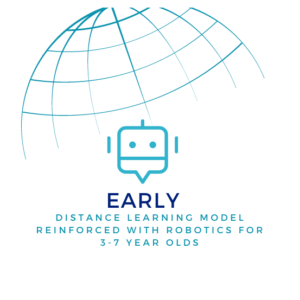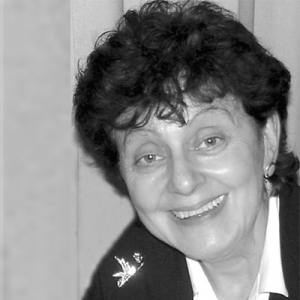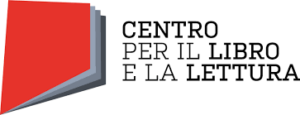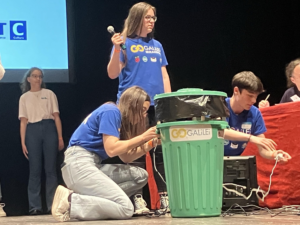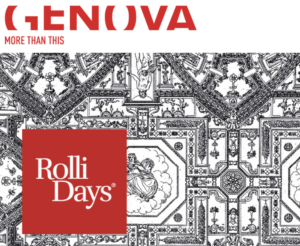
MEDIA LITERACY
Between June 7 and 11, 2021, the European Digital Media Observatory (EDMO) brought together more than 50 experts and 500 participants in the first annual EDMO Week conference: United Against Online Misinformation: Among the participants were many stakeholders working to address online misinformation, academics, fact-checkers, regulators, online platforms, civil society, media literacy experts, and the policy makers.
EDMO has organized a platform to present the initiatives undertaken in its first year of operation, to stimulate multidisciplinary discussion on issues related to online misinformation, and to show the EDMO Hubs that can be found here: https://edmo.eu/fact-checking-activities/
The online platform will make it possible to identify and analyze disinformation campaigns and provide public information to increase awareness. It will perform the following services:
- Tools and services for fact-checking activities.
Access to public and/or open data repositories.
A list of fact-checking organizations and their professional characteristics and ethical conduct.
Will link external archives of relevant online fact-checks and media literacy materials. Fact-checks will be made available in a minimum of 10 EU languages through machine translation.
Will promote joint fact-checking activities and exchange of best practices.
It will build a repository of national, civil society and technology company policy documents and initiatives, including media literacy materials specific to the phenomenon of misinformation.
The first day of the conference was dedicated to addressing online misinformation through the collaboration of many stakeholders, with a multi-stakeholder and multi-disciplinary approach. In fact, different skills are needed to identify the misinforming fact or news or online campaign and intervene, skills related to the disciplines concerned with the fact and related to the use of media.
The second day, titled Fact-checking during a global pandemic: challenges, opportunities, lessons learned focused on the role and opportunities for collaboration among fact-checkers, with a particular focus on online disinformation related to COVID-19.
The key role of research in understanding and combating the phenomenon, as well as developing evidence-based responses was the key topic of the third day of EDMO week (Understanding online misinformation: the key role of research) in which the need for efforts to foster access to data from online platforms for research purposes was also discussed.
The fourth day was dedicated to EU policy on countering online disinformation and was, among other things, an opportunity to present and discuss the new EC Guidance on Strengthening the Code of Conduct on Disinformation. The EC Guidance on Strengthening the Code of Practice on Disinformation is a strengthening step of the current European rules on online disinformation and can become a more effective tool to counter it. It is the first tool of its kind worldwide that brings together various stakeholders, including to ensure greater transparency and accountability of platforms’ policies on disinformation. Here is the Guidance on Strengthening the Code of Practice on Disinformation Communication Communication_nPq9p89LZt7jJVseCUC4Ur9z9g_76495
The fifth and final day focused on the role and challenges of media literacy, and all those media and information literacy initiatives that can counteract misinformation were encouraged, and in this, policy intervention was also sought.
Projects were presented by the eight hubs that have joined the EDMO network covering 12 EU member states plus Norway. The goal is to eventually achieve full coverage of the EU and EEA. EDMO hubs are expected to start their work in September/October 2021 (EDMO goes local).
EDMO has already produced a dedicated Report on Checkers on COVID-19 Vaccines and Misinformation, which contains the survey launched in January 2021 on for fact-checkers with a focus on misinformation and the COVID-19 vaccine and vaccination campaign. The survey was aimed at fact-checking organizations and actors and asked about a range of issues, including their work and strategies to combat COVID-19 vaccine misinformation and COVID-19 vaccine and vaccination campaign misinformation narratives in their respective countries. The survey was sent to fact-checking organizations, fact-checking teams within media organizations, and other fact-checking stakeholders in the EU and UK and remained open for seven days. The Report here: Covid-19_Disinfo-_Survey-Report_Final-1
